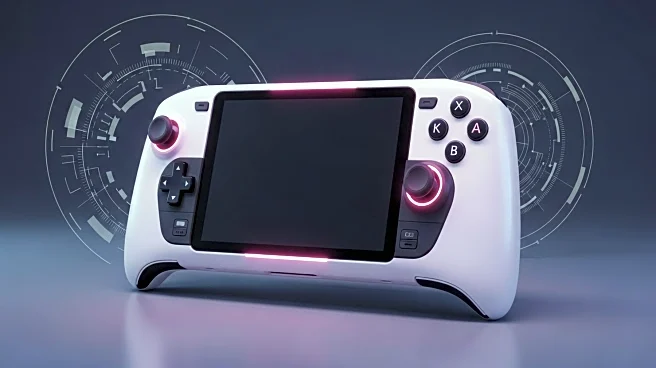What's Happening?
The Nintendo Switch 2 has become Nintendo's fastest-selling console within its first 100 days, supported by strong third-party game releases and upcoming first-party titles. However, the console's pricing strategy, including an $80 price tag for Mario Kart World, has raised concerns among consumers. Additionally, potential tariffs in the United States could impact the console's sales momentum. Despite these challenges, the Switch 2 continues to perform well in the market.
Why It's Important?
The success of the Nintendo Switch 2 underscores the importance of strategic game releases and strong third-party support in driving console sales. However, the pricing strategy could affect consumer perception and sales, especially if economic conditions worsen. The potential impact of tariffs highlights the vulnerability of the gaming industry to geopolitical factors. Nintendo's ability to navigate these challenges will be crucial in maintaining its market position and consumer loyalty.
What's Next?
Nintendo may need to reassess its pricing strategy to address consumer concerns and sustain sales momentum. The company will likely monitor the tariff situation closely and adjust its supply chain strategies accordingly. Upcoming game releases will play a critical role in maintaining consumer interest and driving sales through the holiday season. Nintendo's response to these challenges will be closely watched by industry analysts and competitors.










